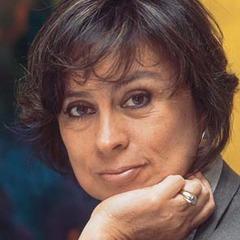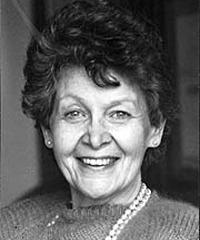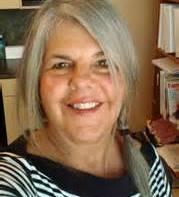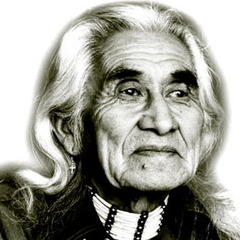Chuck Klosterman Quotes - Page 9

Chuck Klosterman (2010). “Chuck Klosterman on Sports: A Collection of Previously Published Essays”, p.27, Simon and Schuster






